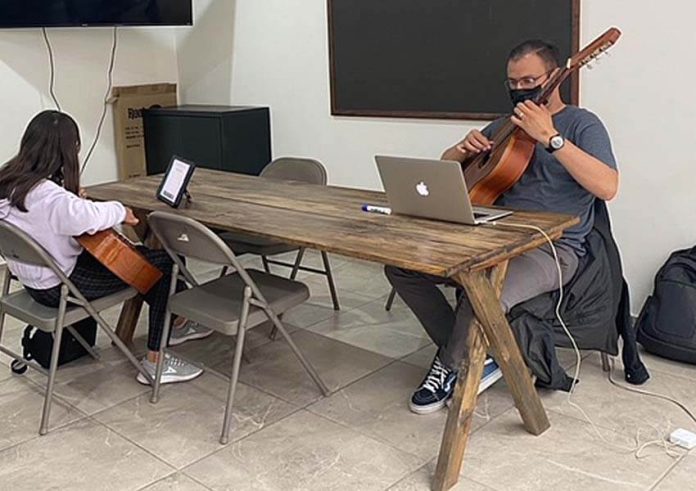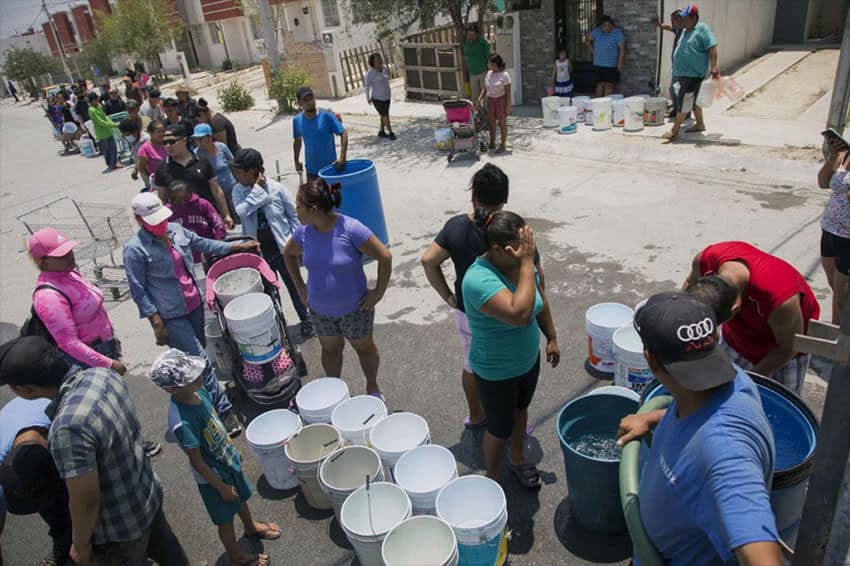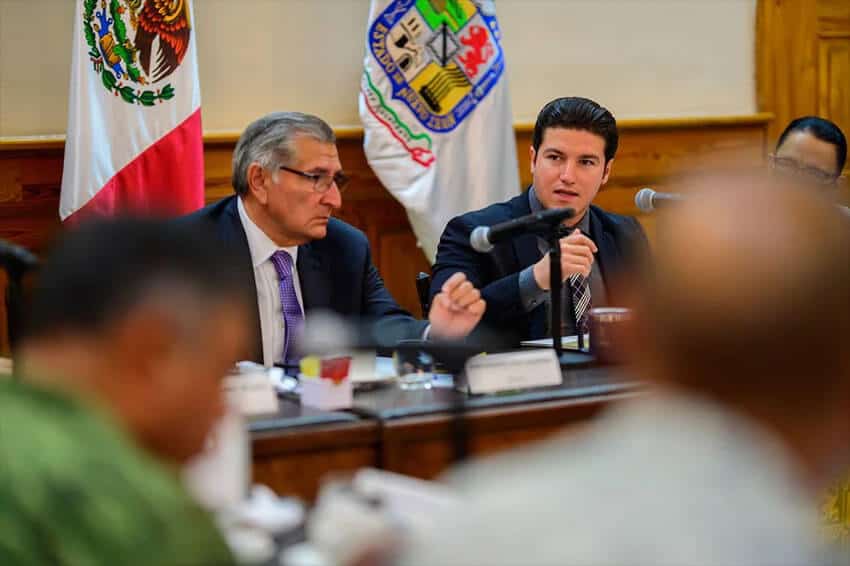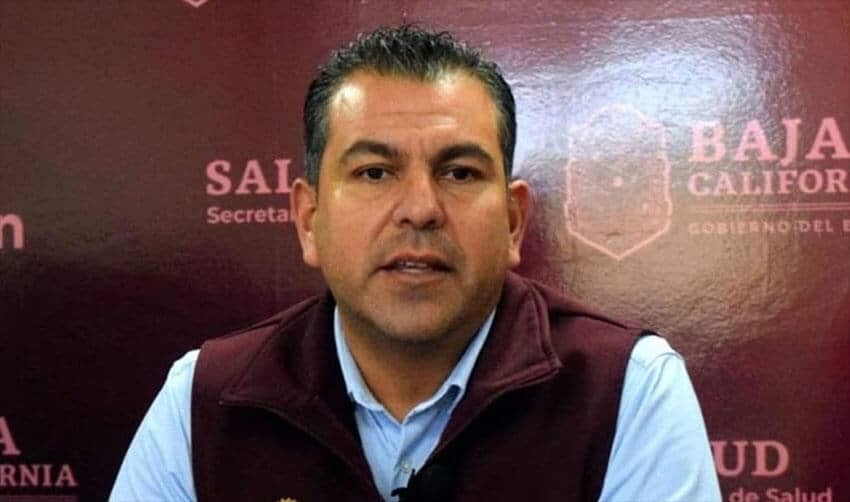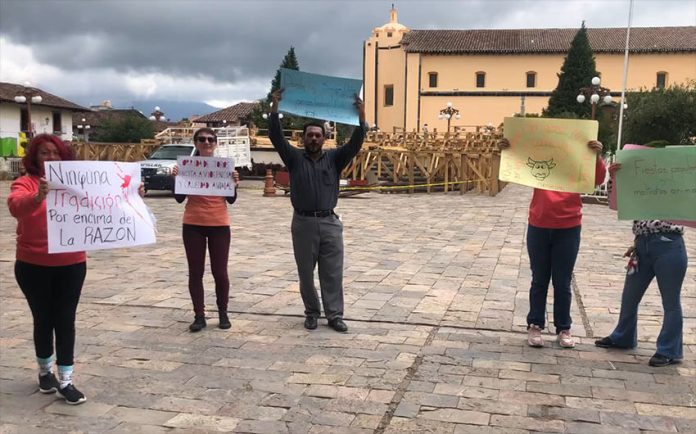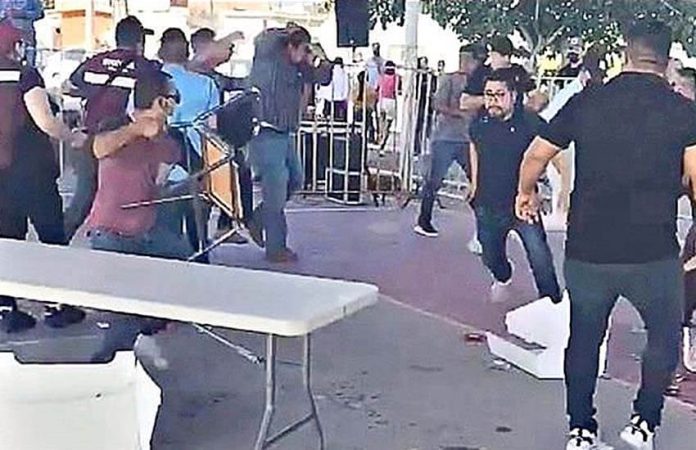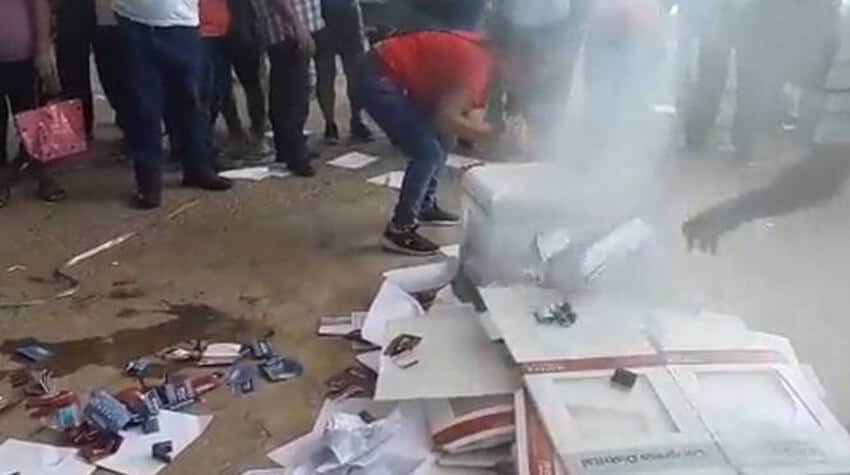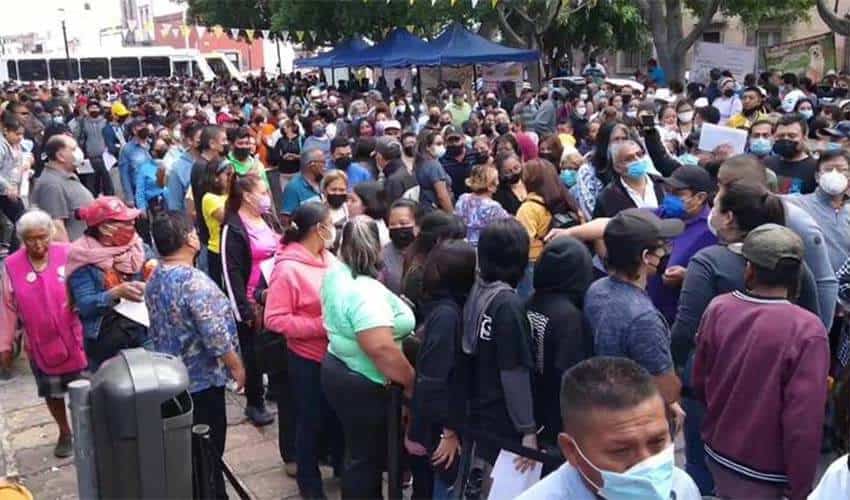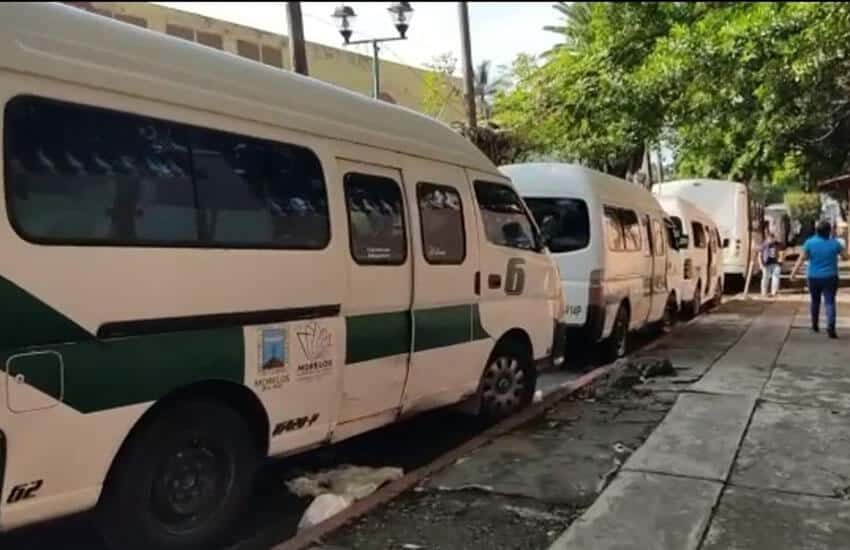Michoacán is in the news more often for violent crime reports than for positive stories, so it’s easy to overlook the success stories that are out there. NOE International is one of them.
For 30 years, this unique Christian nonprofit in the state capital Morelia has quietly labored to bring educational opportunities to low-income communities. It currently serves more than 1,100 students in three locations around the city with the assistance of donors, volunteers, sponsors and hundreds of supportive financial partners.
Among its main objectives is providing a safe environment for children that keeps them off the streets and out of trouble, but its efforts also benefit older youth and sometimes participants’ entire families.
NOE teaches core values and personal responsibility in its religious education classes while also providing fun and pratical education in a safe setting. Its newest center, headed by director Juan Peralta — a former participant himself — is a bright, well-maintained building bustling with activity from enthusiastic yet well-behaved children.
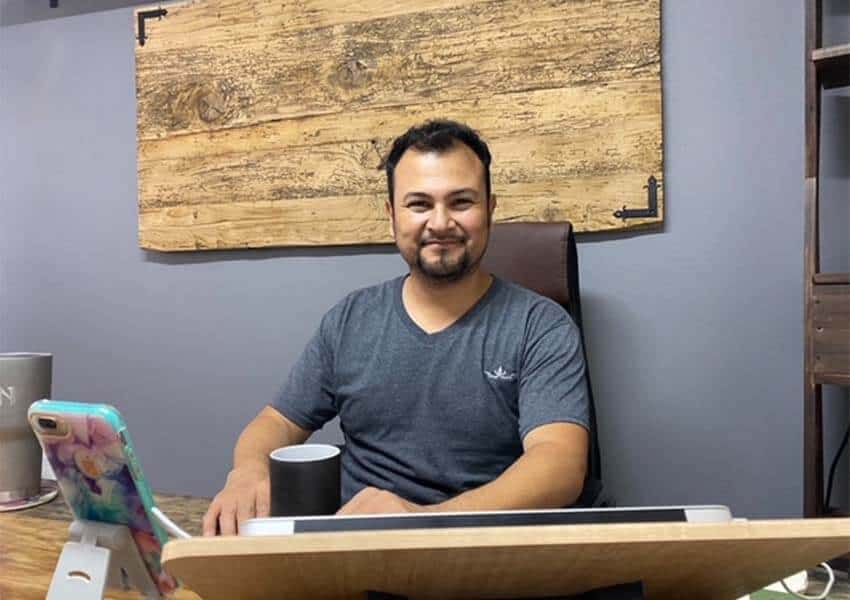
Participants can choose from a range of elective activities: they can get academic help in a homework program. They can take computer classes. There are also health courses, voice and musical instrument instruction, and art or sports classes. NOE also offers English instruction, which is popular, as are its vocational training courses in carpentry, plumbing and electricity — the latter group of classes available to participants of any gender.
These courses are open to anyone age nine and up, and so parents will often end up taking classes too as their children participate independently.
It should be stated that the programs are not completely free. But that is by design, something about which Peralta has strong feelings. “If you don’t have any cost attached,” he said, “we find that not only will the children not value the program, but their parents won’t put in the effort to make sure their children attend.”
But costs for these classes are mostly nominal, ranging from 250 to 900 pesos. The highest-priced one is a three-month English course for which the student receives a state-certified diploma upon completion. Although most can manage the prices, NOE also provides scholarships for the neediest participants.
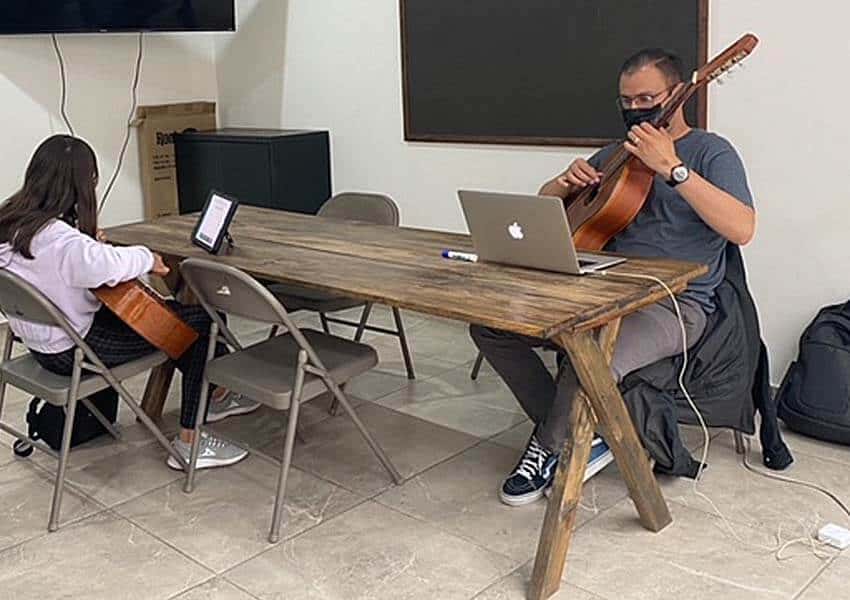
One program offers scholarships to single moms, for example, who make up 20% to 30% of recipients. They receive half to full financial support. Another program, the Angel Program, matches students with sponsors — mostly foreigners, although some Mexicans are on the roster as well. Sponsorship levels begin at US $30 a month.
This program boasts college graduates in law, medicine, music and education, to name a few.
Another allows graduates with advanced English to be part of a “Dream Team Exchange Program” that visits Portland, Oregon, or Charlotte, North Carolina, for four weeks — expanding not only the participant’s worldview but also that of the family that hosts them in the U.S. All the participating student’s expenses are paid for by NOE.
Peralta is currently eyeing Canada as a possible country to send deserving students who meet the criteria, having visited there several times himself. He also notes that immigration rules make it much easier for students to enter Canada. “We are hoping to find a Christian community there that would take on the task of finding host families for us,” he said.
NOE relies on more than 100 volunteers to deliver classes, activities, and ministry offerings yearly. Some are alumni like Peralta who have returned as teachers or volunteers.
“It’s our way of giving back to the organization that has given us so many opportunities,” said Peralta.
- To find out more about how you can get involved, visit NOE International’s website or contact them by phone in their Portland offices at 971-255-9140 or by email at [email protected]
The writer divides her time between Canada and Zihuatanejo.
